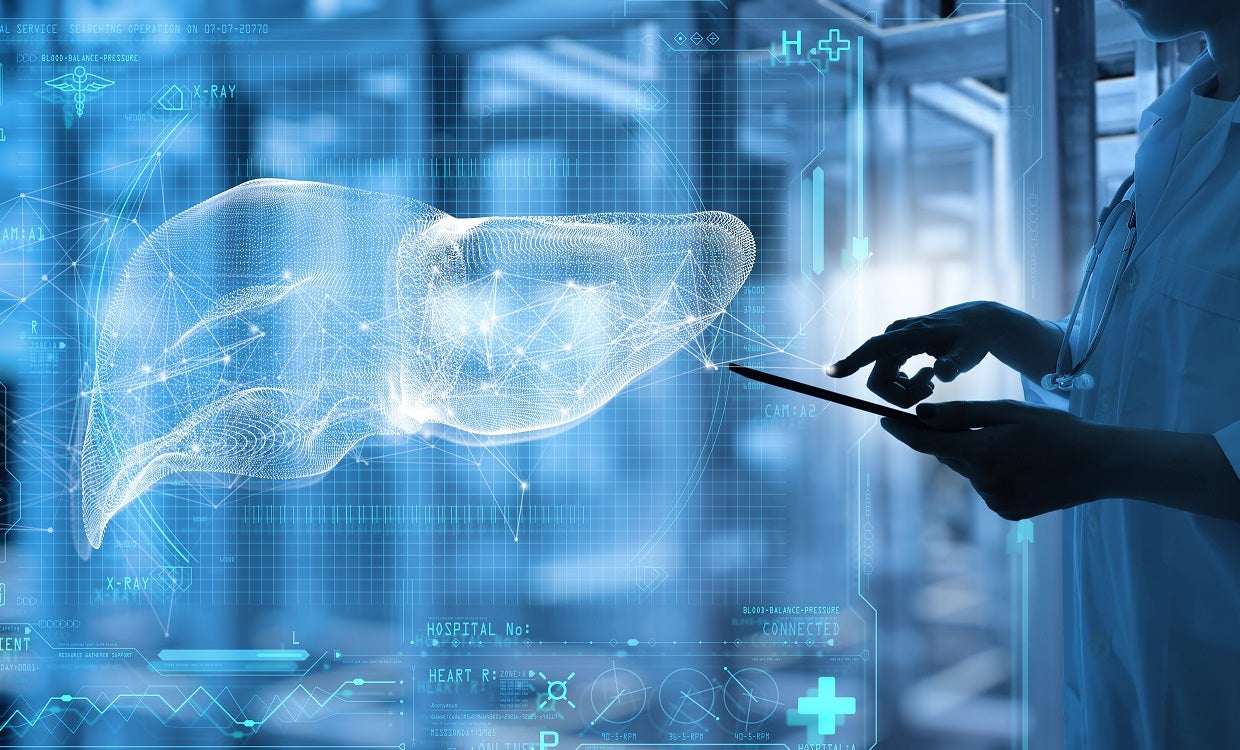
Pre-clinical study with Pomanox® shows beneficial effects on metabolism after fructose consumption and reduced risk of obesity-related harm
Mollet del Vallès (Spain), June 2024: A recently published pre-clinical study reveals the potential effects of pomegranate extract supplementation on the health issues associated with high fructose consumption. In an animal model, Pomanox® from botanical ingredients producer Euromed was able to counteract lipid deposition, dyslipidemia and fatty liver. Therefore, it could work synergistically with pharmacological treatments aimed at controlling obesity, liver steatosis and metabolic syndrome.1
Non-alcoholic fatty liver disease and obesity are major non-communicable diseases with high mortality rates worldwide. While dietary sugars are known to be responsible for insulin resistance and metabolic syndrome, the underlying pathophysiological effects of sustained fructose consumption require further clarification. The recent study aimed to elucidate both the molecular mechanisms involved in the pathophysiology associated with fructose intake and the effect of punicalagin-rich Pomanox® from Euromed as a nutritional strategy to alleviate fructose-induced metabolic impairments. The researchers hypothesized that punicalagin and ellagic acid from dietary pomegranate could counteract the harm caused by both obesity and liver damage.
Therefore, nineteen Wistar rats were supplemented with either 30% fructose in drinking water or 30% fructose solution plus 0.2% Pomanox® for ten weeks. The results were compared to those from a control group provided with pure drinking water. As expected, fructose promoted an increase in fat depots, hepatic fat content and glycoxidative stress, as well as inflammatory and immunological responses in the rats that consumed fructose in drinking water for 10 weeks. In contrast, Pomanox® supplementation decreased fat depots, counteracted the dyslipidemia caused by fructose and improved markers of liver injury including steatosis. It could thus be a useful supplement to pharmacological therapies aimed at controlling obesity, fatty liver and metabolic syndrome.
Andrea Zangara, Head of Scientific Communication and Medical Affairs at Euromed, explains: “Fructose consumption has increased in recent decades, despite the efforts of governments and health organisations to alert people to the health risks linked to sustained sugar intake. Metabolic syndrome, obesity, dyslipidemia, non-alcoholic fatty liver disease, diabetes mellitus and cardiometabolic diseases are just a few examples of fructose-induced health problems. The current study, which received no funding from Euromed, is part of a comprehensive investigation into the efficacy of punicalagin-rich pomegranate extract in mitigating the adverse metabolic effects associated with various ailments, including diabetes, inflammatory bowel disease (IBD), and cardiovascular diseases.”
